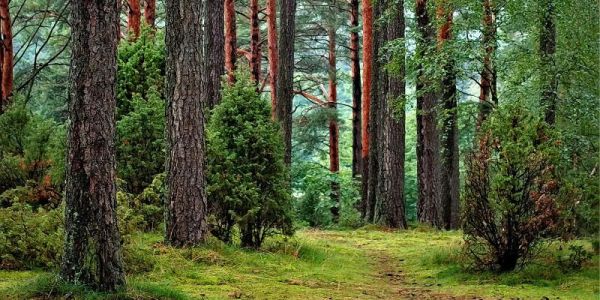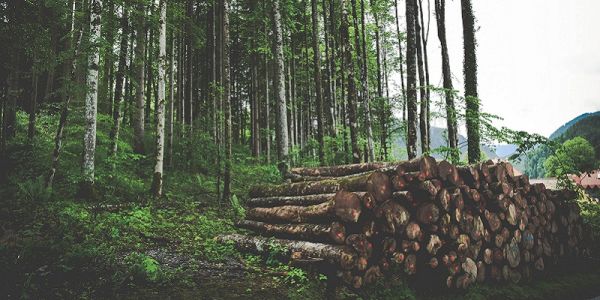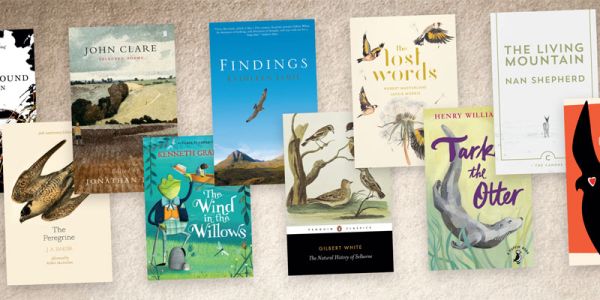
A good life for all within the planet’s means
A study led by the University of Leeds has found that no country currently meets its citizens’ basic needs at a globally sustainable level of resource use.

A study led by the University of Leeds has found that no country currently meets its citizens’ basic needs at a globally sustainable level of resource use.

Chris Packham's book Fingers in the Sparkle Jar has been voted the UK’s favourite piece of nature writing in an online poll organised as part of a research project led by the University of Leeds.

An international competition to estimate the diversity of plants across the whole of Britain has shown that mathematical modelling techniques are ‘coming of age’.

Deforestation is likely to warm the climate even more than originally thought, scientists warn.

Scientists have found fossil evidence of deep-sea marine life burrowing at least eight metres below the seabed – four times the previously observed depth for modern deep-sea life.

The Wind in the Willows and Tarka the Otter are among ten works shortlisted for a public poll to find the nation's favourite nature book.

A new partnership agreement has been signed with Shanghai Jiao Tong University (SJTU), aimed at strengthening future research collaborations with the University of Leeds.

The remaining undisturbed rainforests in Borneo, some of the world’s tallest and most carbon-dense, have been removing carbon dioxide from the atmosphere over the past 50 years, a new study shows.

River invertebrates react the same way to decreasing glacier cover wherever in the world they are, according to new University research.

Leeds researchers are supporting a business' £1m project to develop new graphene-based water filters, to bring the technology closer to addressing world-wide water scarcity.